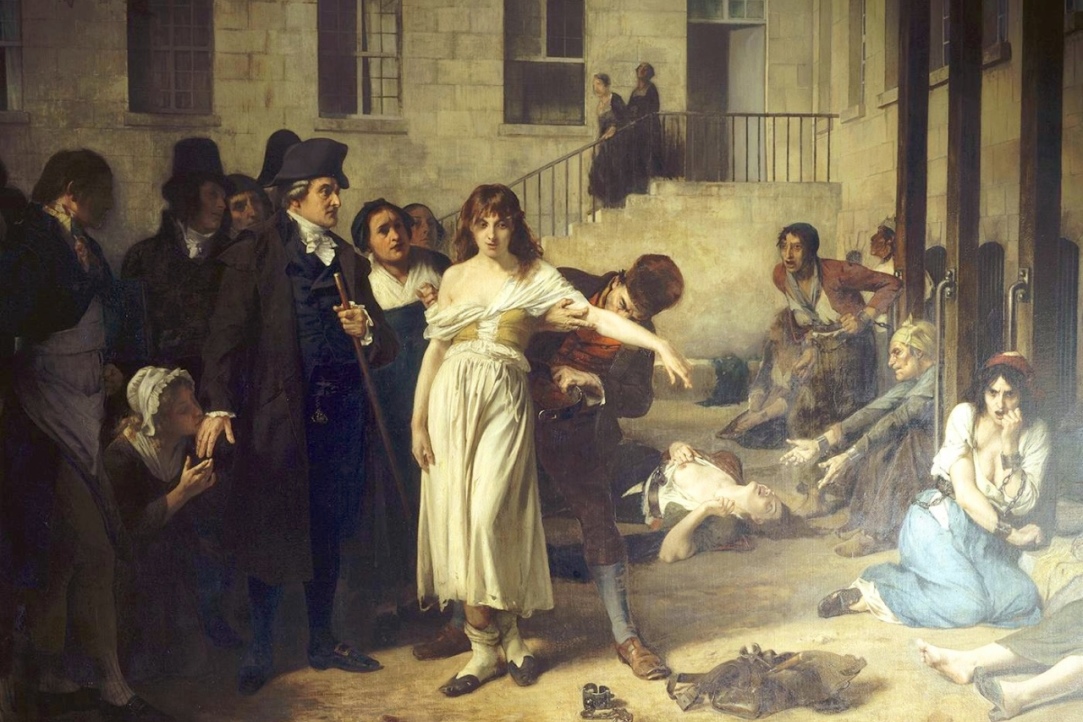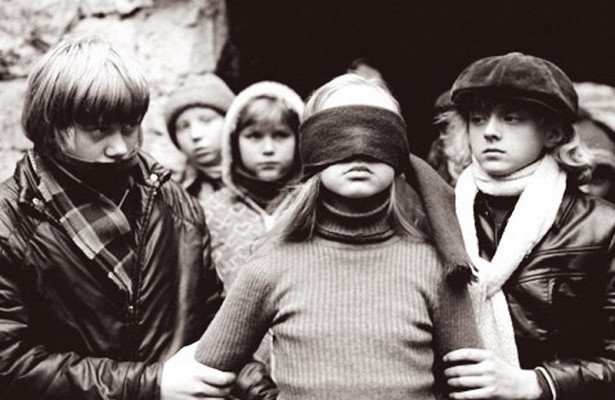In 2013, Russia banned smoking in public places such as cafes, restaurants and nightclubs, as well as on trains, in playgrounds, etc. Statistical analysis has revealed, however, that 26% of male and 28% of female smokers do not always comply with these smoking bans. A full report from a study by Ludmila Zasimova, Assistant Professor at the HSE Department of Applied Economics, has been published in the International Journal of Public Health.




















